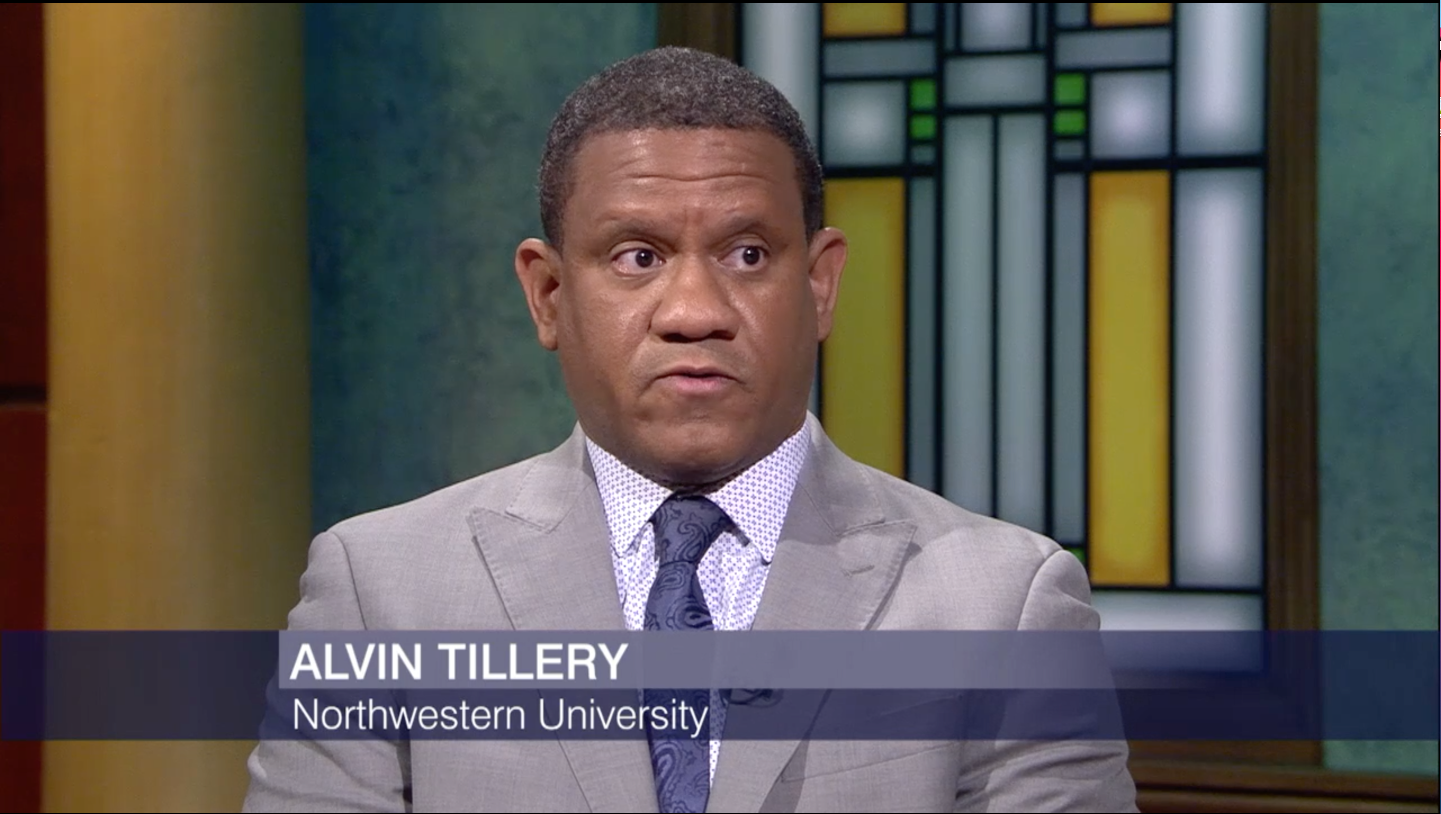Even in cases where reparations are popular and demonstratively effective, ideological forces are at play to sabotage progress.
Our friends at First Repair hold monthly strategy meetings with leaders in the reparations movement from across the country. In their April virtual gathering, Dr. Alvin B. Tillery, Director of the Center for the Study of Diversity and Democracy and Northwestern University, shared important information about contemporary public opinion on reparations.
Despite widespread media reports framing reparations as inherently divisive, Dr. Tillery and his colleagues found substantial support for reparation efforts in Evanston, Illinois—even among white citizens. Based on their study of over 3,000 responses, 70% of white residents thought the reparations project in Evanston was good public policy.

However, despite the overwhelming popularity of the program at the local level, a recent lawsuit filed by JudicialWatch seeks to end Evanston’s reparations program on the grounds that it discriminates against non-Blacks. The Evanston example makes clear that even in cases where reparations are popular and demonstratively effective, ideological forces are at play to sabotage progress. No one is immune from these campaigns to stop reparations from bringing true healing to our nation.
We often hear from naysayers that reparations is “impractical” or “impossible,” but now that such doubt is being disproved with task forces and reparative programs taking hold across the country, a different form of opposition is taking shape. That is why solidarity in the reparations movement is vital. Please stand beside RepGen and other like-minded organizations by taking part in these important discussions. Whether new to reparations, or a seasoned advocate, each house meeting or strategy session is an opportunity to take action and maintain the momentum for racial justice.
